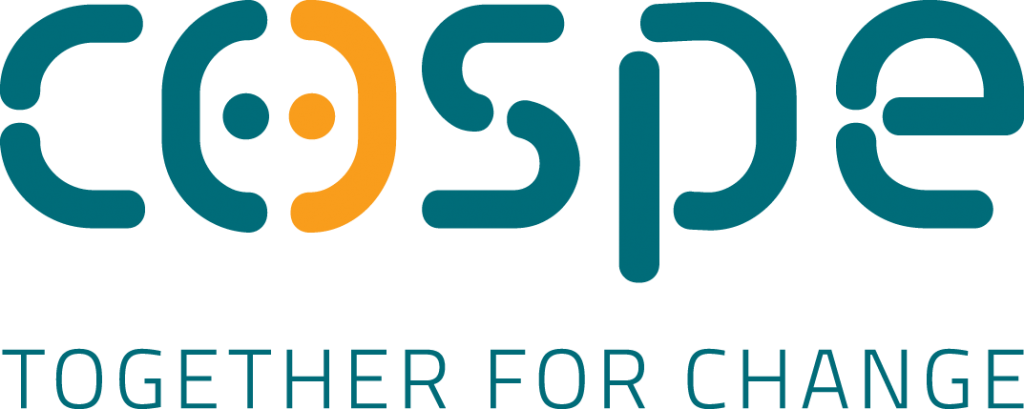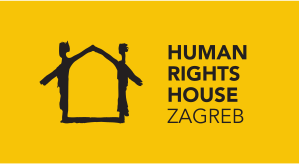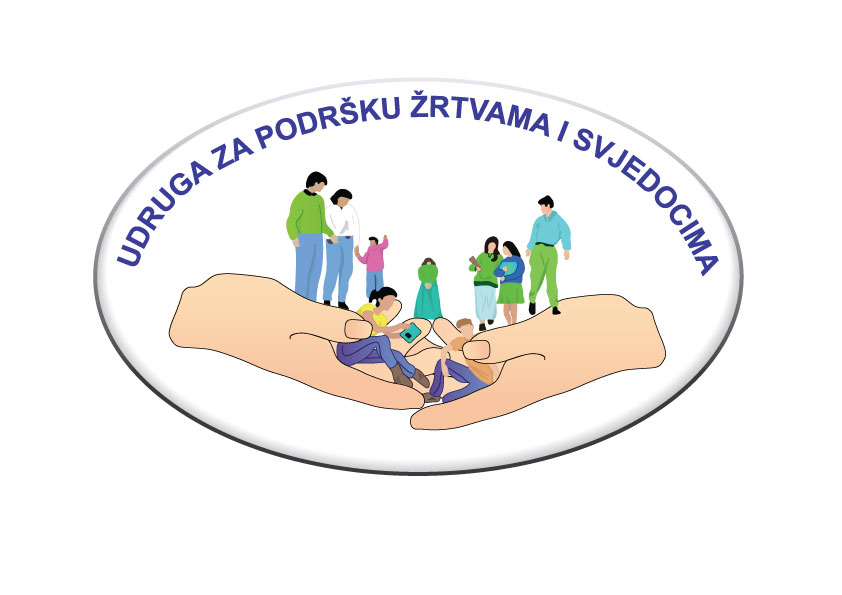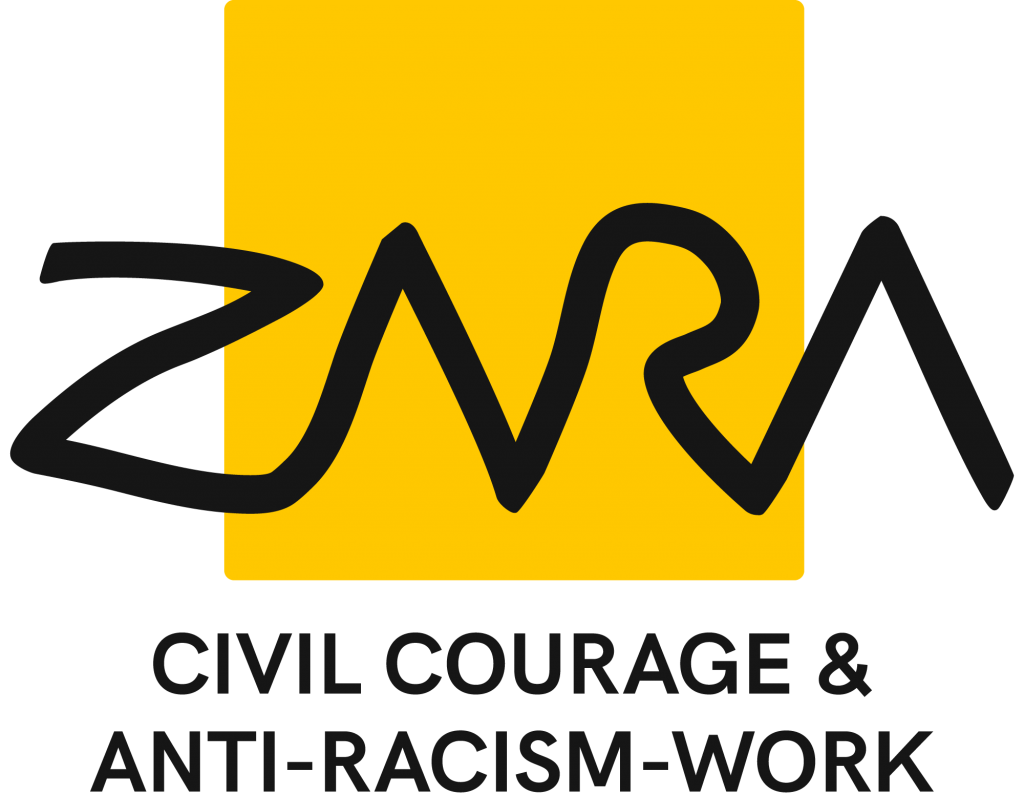


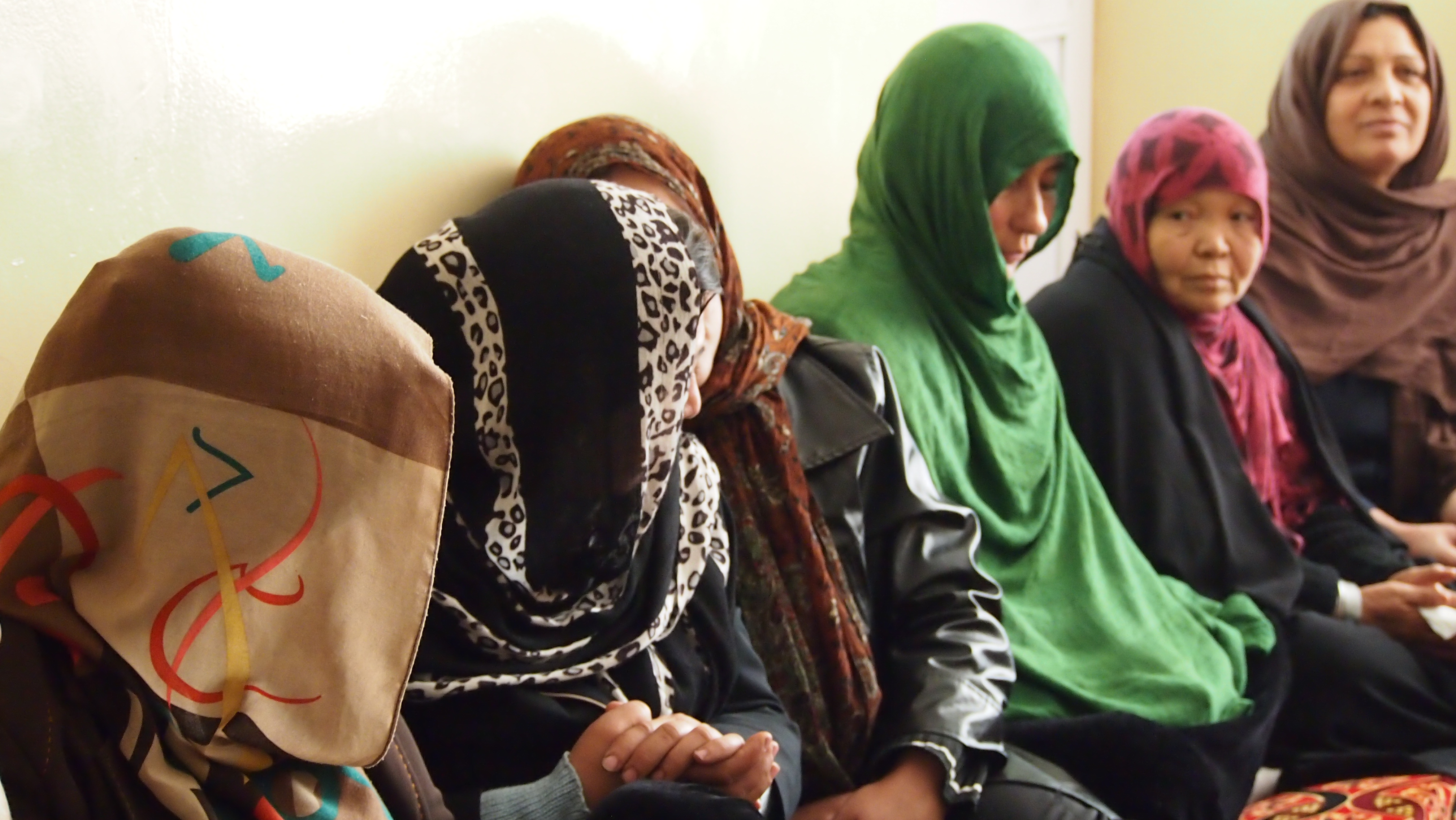
Hate crimes are ordinary crimes but with an aggravating circumstance: they are motivated by hostility towards the social group to which the victim belongs.
Almost every crime can become a hate crime. What makes an act of aggression or persecution a hate crime is the fact that the victim is “chosen” on the basis of her/his membership (or presumed membership) of a certain “group”. Membership of a particular group is inferred for example from wearing a religious symbol, having a given skin colour and/or other physical features that are different from those of the majority population or showing affection for someone of the same sex.
Often the attacker does not even know the victim. The act of violence or aggression is not a reaction to something the victim has done or said. Rather, it is due to her or his physical appearance, clothing or a cultural practice, which identifies the person as belonging to a certain group.
Being the victim or target of a racist, homophobic or disability-based assault or a verbal insult is certainly a terrible experience and can be very shocking. Besides the negative physical, psychological, economic and social consequences, hate victimization causes anxiety over the future in people who have experienced it and uncertainty about how to react to it.
If you are a victim or a witness of a hate crime, it is important to report such an incident because it is a direct attack against your dignity, physical integrity, the right to respect and psychological well-being. It is also a threat to community cohesion as a whole.
On 17 November 2022 the event “Supporting hate crime victims: challenges and recommendations on how to improve support services” took place at the Permanent Representation of Italy to the European Union. In the presence of European parliamentarians, Commission experts and members of the Representations of Italy, Austria and Croatia, it was presented a Policy Brief on the situation of hate crimes in Austria, Croatia and Italy and on recommendations to improve victim support services. Through this event the project partnership called for greater commitment at national and European level so that the Victims Directive does not remain a commitment on paper but that the necessary measures are implemented for a systemic change in supporting victims and combating hate crimes, thus creating the basis for more inclusive and hate-free communities.
A hate crime is a crime committed against a person or property, motivated by bias based on characteristics such as the victim’s ethnic/national origin, skin colour, religion, disability, sexual orientation or gender identity.
The conference, organized in collaboration with Rete Nazionale per il Contrasto ai Discorsi e ai Fenomeni d’Odio, will showcase lessons learned, results achieved and reflections on experiences and good practices in combatting hate crimes and supporting victim.
Source: FRA 2016


